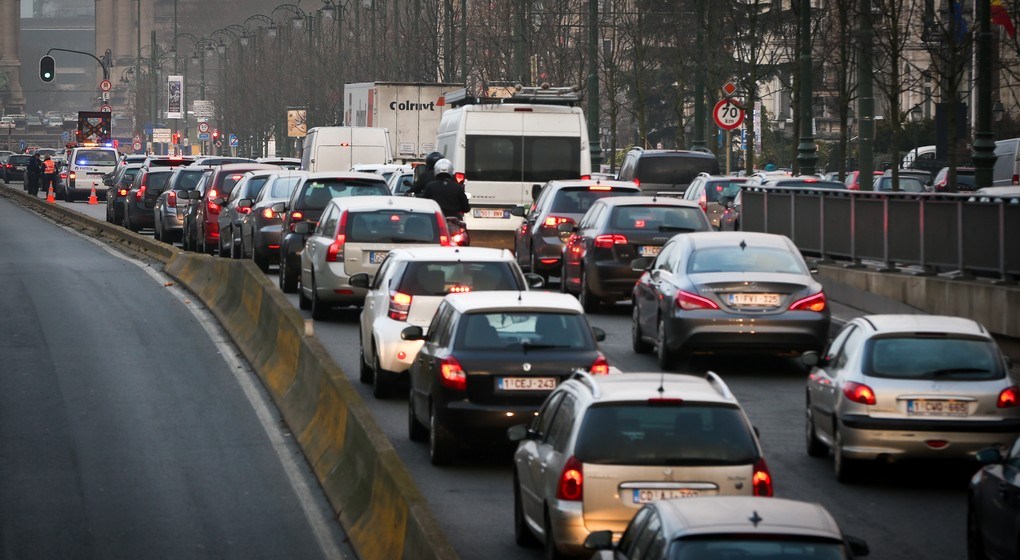An overwhelming majority of company cars handed to government and public service employees in Brussels last year were undue company benefits granted to them irregularly.
In an inspection of the capital region's government and public service agencies, the Court of Audit of Belgium found that, for the 2019 fiscal year, 105 company cars had been handed out to employees who, due to their status or contract, were not eligible to receive a company vehicle.
The court counted a total of 137 company cars, mostly rentals, given as income in kind to employees, meaning that over three-quarters of vehicle hand-outs last year were irregular.
Related News
- Brussels starts measuring emissions in real time
- Car traffic in Brussels exceeds pre-lockdown numbers
- Two thirds of Brussels inhabitants want fewer cars
The auditors found that staff regulations did not provide a contractual basis for employees to benefit from the private use of company cars.
"Consequently, their allocation, where it takes place, is not authorised and is of an irregular nature," the auditors wrote in the report.
The audit identified Bruxelles Propreté/Net Brussel, the capital region's public cleanliness agency, as the public service handing out the most company cars, accounting for no fewer than 70.
A majority of employees who benefited from company vehicles occupied high-ranking positions in regional and French Community government agencies, such as the Port of Brussels, Brussels Environment or employment agency Actiris).
Only five out of the seventeen regional services or government agencies which allocated one or more company cars to employees in 2019 did so in accordance with regulations and, further, only eight of them had an internal and objective allocation procedure, auditors found.
The unchecked allocation of company vehicles by public agencies in the capital region contrasts with the mobility objectives championed by the regional government since it came into office last summer.
The regional mobility agency has been leading a dynamic push to cut down on vehicle traffic and on air pollution in the Belgian capital, namely by boosting cycling infrastructure and implementing a region-wide ban on old and heavily polluting vehicles.
Gabriela Galindo
The Brussels Times

